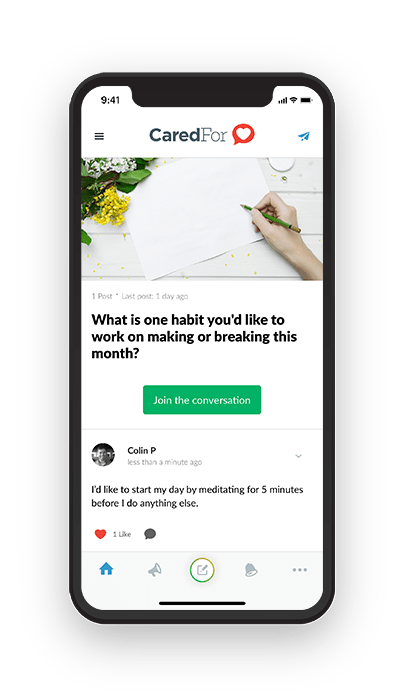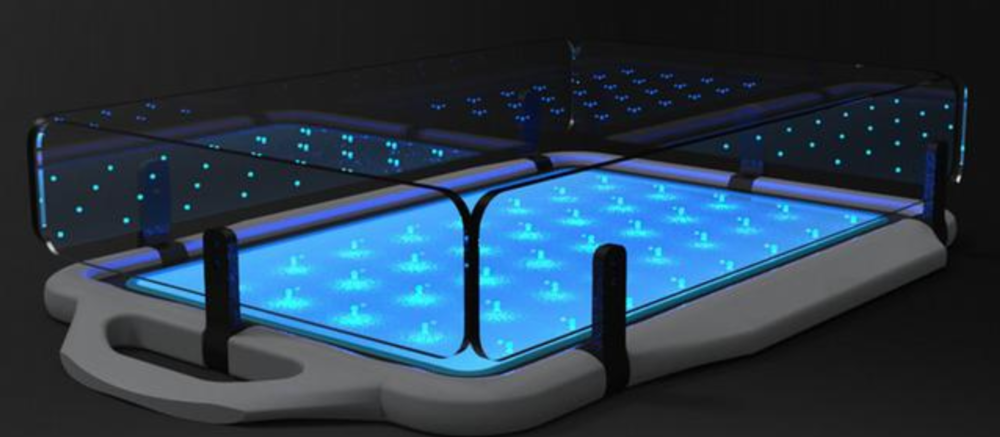How Health Tech Startups Are Changing Healthcare
The healthcare industry is on the cusp of being completely disrupted by technology. Unfortunately, technology adoption in healthcare is sluggish due to strict government regulations and pushback from providers who have stuck to the same methods for the last ~50 years.
Despite the resistance from providers, technology is, and will continue to be, disruptive in the field. How was the ride sharing industry disrupted by Uber? How did Airbnb disrupt the hotel industry? By the creation of simple, intuitive and practical technological solutions.
It’s not an exaggeration to say that health tech startups are among the most attractive ventures nowadays. Founders are working hard to drive real change using the best in emerging healthcare technology. The healthcare organizations that will thrive in the future are those that can adapt to our new digital reality.
Health tech startups will continue to flourish and disrupt the following healthcare sectors; all of which have recently shown signs of great innovation and activity:
The Internet of Medical Things (IoMT)

Despite the healthcare industry’s slow adoption of Internet of Things technologies, the IoMT is set to revolutionize the way patients receive care. IoMT includes remote patient monitoring, wearable devices, medication-tracking systems, sensor-enabled hospital beds and infusion pumps, supply and inventory tracking and more. These devices provide real time data to help identify issues before they become critical.
A report by Allied Market Research predicts that the IoT market will reach $136.8 billion worldwide by 2021. IoMT isn’t intended to replace healthcare providers, but rather to improve the quality of diagnostics and treatment. Internet of Things technology is effective in almost any field of care—even addiction treatment and behavioral therapy.
CaredFor offers a digital patient/alumni engagement platform with advanced analytics for treatment facilities and a supportive online community for those in recovery. CaredFor leverages the interoperability, machine-to-machine communication and information exchange abilities offered by IoMT to help treatment programs create long-term engagement, reduce attrition, enhance outcomes and increase referrals.
Smart monitors created by Health Care Originals can detect the symptoms of different diseases’ attacks (asthma, heart attack, epilepsy) before its onset, allowing the wearer to manage the episode. Algorithms within the device help it learn what’s unique to you—what’s your normal?Then, the data is brought together and processed on the wearable and over time, the technology begins to develop an understanding—are you deviating from your normal? If a deviation has occurred, the device will notify the wearer by vibrating and send a text to loved ones (parents, caregivers, etc.) who agree to get that result in real-time.
Telehealth and Remote Patient Monitoring
Under the umbrella of IoMT, Remote Patient Monitoring (RPM) and telehealth technology allows patients and doctors to monitor conditions through a constant line of communication, improving clinical efficiency. RPM programs/devices can collect a wide range of health data such as weight, blood sugar, vital signs, blood pressure, blood oxygen levels, heart rate, electrocardiograms and more. For many, access to proper medical care is limited due to clinician availability, location, inefficiencies of transportation, communication breakdown…
With health tech startups like cliexa—enabling providers to leverage remotely-reported patient data, optimize.health—offering RPM devices like wireless blood pressure cuffs, scales, pulse oximeters, blood glucose meters and more, Reemo—empowering stroke-victims, wheelchair-bound and the elderly to live independently by simply wearing a smartwatch, ResMed—using cloud-connected devices to manage sleep apnea/asthma and Health Recovery Solutions—cutting down on readmissions via predictive analytics and video-visits; telehealth and remote patient monitoring have proven to be strong equalizers amidst many common barriers to healthcare.
AI and Machine Learning
AI and machine learning tech startups create solutions for things like staff shortages, handling secure records, completing medical reports, answering phones and vastly increasing clinical opportunities. Modern Healthcare reports that in the 2020 American Hospital Association strategic plan, three main categories of AI application are identified:
- Clinical-oriented AI (Improve provider and clinician productivity/quality of care)
- Patient-oriented AI (Enhance patient engagement and streamline access to care)
- Administrative and operational-oriented (Digital automation allows employees to do their real job)
Digital automation frees up staff spend time where they are needed the most, thus saving both time and money. AI can also help enhance the patient/provider experience. Calibrater Health uses AI-powered technology to identify actionable feedback, perform root cause analysis, save time and reach unhappy patients faster to correct the issue.
Health Tech Startups Should Ride the Wave of Disruption
Pharmaceutical companies, providers, medical device makers, insurers and patients all stand to benefit from the massive changes that are coming. Investors can find and profit from new health tech innovations that providers are ready to try, insurers are willing to pay for and patients are ready to embrace. Not sure where to start? Check out this list of 5 Healthcare Hubs To Consider For Your Health Tech Startup.
Looking for early-stage funding for your health startup?
Jumpstart Foundry offers $150K to start, a blueprint to scale and a network of executives, mentors, peers and capital connections to grow your business. Submit your application by March 31 to be considered for the first round of investment.
Here are a few more incredibly innovative health tech startups to look out for in 2020:
Freenome uses a simple blood test run through its AI genomic platform to measure cell-free biomarkers and circulating proteins that indicate the presence, type and stage of cancer. Freenome can also indicate the type of tumors present so medical practitioners can make better treatment selections. Using Freenome’s AI technology, screening for the presence of cancer and determining the best treatment may soon become part of standard checkup.
Prellis Biologics has built holographic 3D laser printing technology that makes production of lab-grown, biocompatible human organs and tissues possible. The ability to build complex vascularized tissue in the laboratory setting has numerous applications that range from improving research and development of novel therapeutics to reproducing an organ from a patient’s own cells. These organs could possibly shorten, or even eradicate, organ donation wait lists.
Neolight’s Skylife Phototherapy system is a portable, high-intensity blue light-emitting device used treat neonatal jaundice.
Neolight is creating new empathetically-designed baby-centered devices to treat infants with life-threatening conditions.Their first product, the Skylife Phototherapy system, is a portable high-intensity blue light-emitting device to treat neonatal jaundice, a frequent condition in newborns. The device includes the ability to adjust light intensity, ensures uniform light coverage and emits virtually no heat. It can easily be used in neonatal enclosures, such as bassinets or incubators and is easy to transport.






